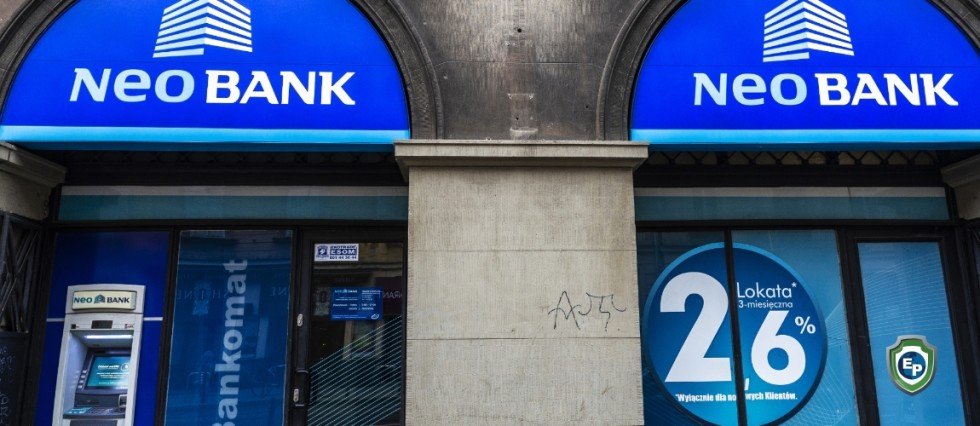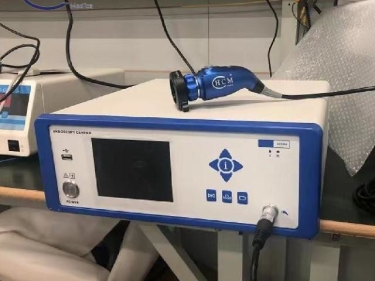What Is a Neobank?
Neobanks are direct, digital banks that assist their customers through apps and other online platforms, setting them apart from traditional, physical banks. Here's all you need to know about them.

The financial industry is full of fancy words like rehypothecation, collateralization, fintech, tradfi, or neobanks. Explaining all of that will take quite a while, so let’s focus on one for this article: What is a “neobank?”
Neobanks Rely on Modern Technologies
Neobanks are – as the name suggests – a new type of bank. Their main characteristic is that they rely on modern technologies to provide banking services.
Most neobanks don’t operate physical branches but offer their services online. Customers can log in with their smartphones or computers and access the neobank’s accounts and banking services. This convenience has led to a rapid increase in the popularity of neobanks.
Besides added convenience, neobanks are also often cheaper than their traditional counterparts. Their costs are much lower because they don’t have branches and rely on digitization and automation in many areas, passing on part of these savings to their customers.

Traditional Banks Face Challenges
Neobanks have a banking license as well, which allows them to provide banking services. However, they typically do not provide all the services traditional banks offer but specialize in certain products. Some may not offer loans while others do not offer trading and brokerage services.
In the media, these banks are often called “challenger banks” because they challenge traditional banks in their respective fields of expertise. If banks can’t keep up with the technological change, they will likely lose significant market share to neobanks in the near future.
What Are Examples of Neobanks?
There are many US-based neobanks now, such as Chime, Current, Aspiration, and Varo. Revolut and N24 are two of the most popular in Europe.
There is also a fine line between fintechs and neobanks. Some would say, for example, that PayPal is a neobank. It offers banking-like products and has a banking license in some jurisdictions, such as Luxembourg. Still, PayPal is not commonly viewed as a neobank, mostly because it doesn’t position itself as such. The same goes for many other fintechs like lending platforms or online brokers. They offer only one particular service that banks used to offer, which is why they lack the depth of a bank.
Leverage Export Portal to Achieve Success
Export Portal is dedicated to providing our users with a safe space to complete global trade transactions, along with all the information they need to trade confidently. We help small and medium-sized enterprises (SMEs) find new markets, secure new deals, and grow quickly and stably. Check out our site today and gain access to all our benefits!


















Comments 2